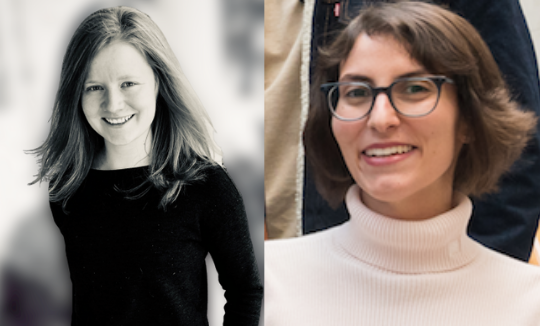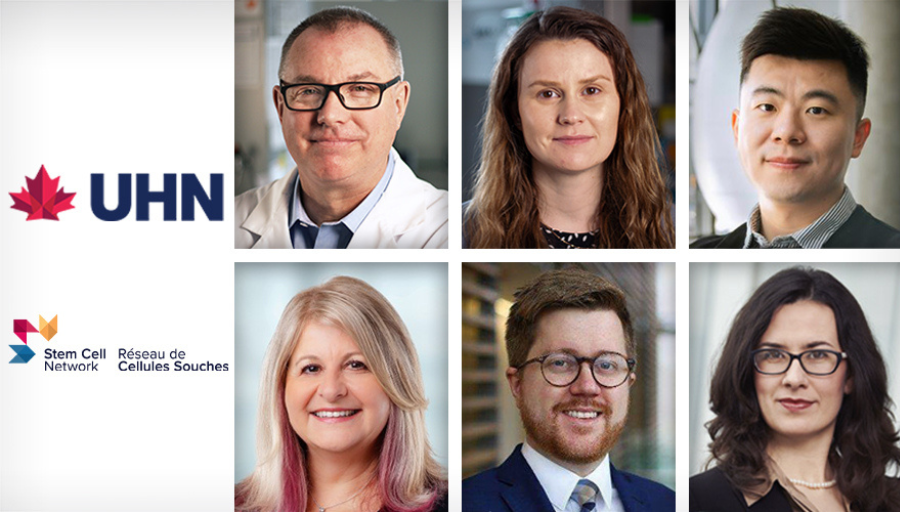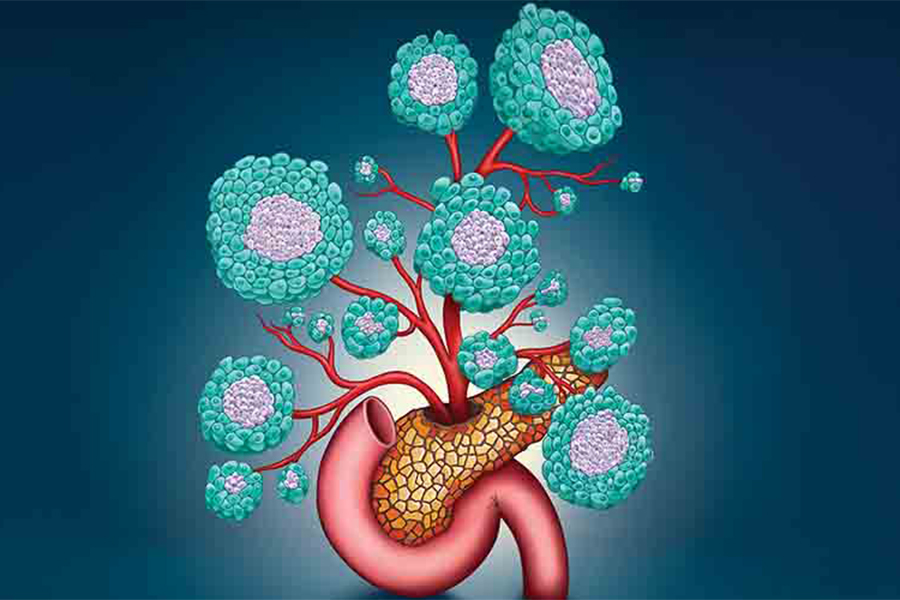International Women’s Day Q&A
Women make up less than 30 per cent of researchers worldwide. Female scientists face challenges not experienced by their male colleagues including sexism, parental leave and the glass ceiling. As a result, science progressively loses qualified and capable women from more senior roles in a phenomenon called the leaky pipeline. Having a female mentor can help women overcome these challenges, inspire confidence and self-efficacy and motivate them to pursue careers in research.
Dr. Cristina Nostro is a senior scientist and the Harry Rosen Chair in Diabetes and Regenerative Medicine Research at the McEwen Stem Cell Institute. Her research uses stem cells to make insulin-producing beta cells that could one day be transplanted into patients to treat type 1 diabetes. Through her mentorship, Dr. Nostro is inspiring trainees like Emily McGaugh, PhD student and Dr. Amanda Oakie, postdoctoral fellow to pursue their passion for research.

When did you know that you wanted to be a scientist?
McGaugh: In elementary and high school, one of my favourite subjects was science. However, it was only near the end of my undergraduate degree when I started taking courses with laboratory components that I caught a glimpse of the research world. It was also during this time that my sister was diagnosed with type 1 diabetes. Before her diagnosis, I was not aware of the daily hurdles and pain that those with this disease encounter and I wanted to do something.
Dr. Oakie: I had an early interest in the biological sciences that started in middle school and was amplified in my high school biology class. However, I didn’t consider a career in research until third-year university following a lecture on endocrinology. After that, I knew that I wanted to learn more about hormone regulation and conduct research that contributed to understanding the tissues that produce them.
Why did you choose to work in Dr. Nostro’s lab?
McGaugh: I attended a graduate student research open house at the University of Toronto with a desire to learn more about diabetes in ways that would not be covered in my classes. There, I met Dr. Nostro and I was in awe as she told me about her research goals. Despite my lack of knowledge in stem cell biology and limited laboratory experience and skills, she agreed to take me on as a summer student. As my interest in stem cell biology and research grew, I decided to continue in her lab as a master’s student and then as a PhD student.
Dr. Oakie: I started studying the development and function of beta cells, the cells that produce insulin, during my graduate studies. I wanted to continue this work by focusing on producing beta cells from stem cells and Dr. Nostro is a leading expert in this field. She is also a fantastic mentor who encourages her trainees to pursue their research interests and expand their background knowledge. In her lab, I have the opportunity to work with other wonderful scientists and learn from their expansive knowledge.
What has been the impact of having a female mentor?
McGaugh: Having a female mentor is a constant reminder that careers in science, specifically in research, are possible. Being able to see female mentors, like Dr. Nostro, working hard for their success and not being limited in their careers, provides me with confidence for my future and the belief that I am not restricted in which career path I choose.
Dr. Oakie: Seeing women in leadership roles in a research setting is invaluable to women that are currently training to achieve similar goals. It creates important relationships where someone with a similar life experience can give you advice and it also provides role models that we can one day aspire to be. Having that representation is important for encouraging the next generation of researchers.
What are your future career goals?
McGaugh: As my passion for research has increased throughout my PhD, I hope to continue in the scientific field after I graduate. Having Cristina as a mentor throughout my entire research career has always made me believe that a career in science is possible. With the confidence and knowledge that I have gained working under Cristina’s guidance, I am very excited to see where my research will take me next!
Dr. Oakie: I plan on continuing with my training in stem cell biology and I hope to remain in a career that is focused on improving the quality of life for patients with diabetes.
What advice would you give to young women interested in pursuing research?
McGaugh: Just go for it! Find what you’re passionate about and work towards your goals with confidence.
Dr. Oakie: Accepting challenges and persevering through tough moments are important for your professional and personal growth, but you have to remember to take care of yourself and not to be discouraged when you encounter setbacks. Asking for help is also extremely important, even though you might feel like you should already know how to solve your problems.


